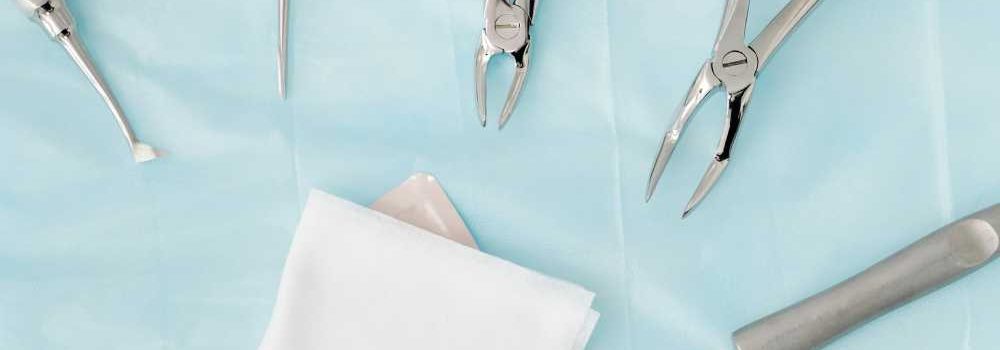Dental crowns are great for protecting damaged or decayed teeth, or for replacing missing teeth. They are realistic looking artificial teeth, usually made from ceramic or porcelain, that look and function just like a normal tooth. With good care, dental crowns can last many years but sometimes issues occur that mean you need to get in touch with your dentist a bit earlier than planned.
Let’s check out the top problems concerning dental crowns and what you need to do to solve them.
Dental Crown Sensitivity
When applying a crown to an existing tooth, some enamel may need to be removed first. This can cause an increase in sensitivity around the crowned tooth area, especially when eating or drinking hot or cold things. This is a common side effect of having a crown and is not usually a cause for concern. Sensitivity can be treated by using toothpaste designed for sensitive teeth, or by taking over the counter pain relief. If the pain doesn’t go away after a few days, contact your dentist to see if the crown needs adjusting.
Tooth Decay Under the Crown
Just because you have a crown over your tooth doesn’t mean you can forget about oral hygiene! The tooth inside or below the crown is still susceptible to decay and potential gum disease so it’s just as important to get into a good brushing and flossing habit after having a crown placed as it was before. Tooth decay that occurs or worsens after a crown is placed might mean another trip to the dentist for a brand new crown which would be an expensive and avoidable lesson to learn.
Gums Going Gray
If you have a crown that’s made of gold or another metal, you might see a dark line on your gum or your gum might appear gray or dull. This is just the metal in the crown showing through and is not harmful, although it doesn’t look particularly nice. This won’t go away in time but if you change out your crown to a non-metal porcelain or ceramic one, your gum will return to its normal color.
Loose Crown or Broken Crown
Crowns are made from very durable material but things can happen and they can be damaged just like normal teeth. If a part of your crown breaks off, a dentist may be able to fix it, but a large crack or break may require a new crown.
Your crown can become loose from injury, impact, or if it’s dislodged soon after it’s been fitted. Avoid eating hard foods such as nuts and hard candies for a couple of weeks after you get a crown. This gives it time to bond strongly to your tooth.
Nerve Problems From a Crown
This is not that common but sometimes the nerves of a tooth are affected when a crown is placed. If this is the case, you can experience pain almost immediately but sometimes it can take weeks or months to become painful. If you have discomfort or tooth pain after having a crown fitted, go back and see your dentist. They can perform a root canal to treat the nerve and your crown can be removed and replaced.
Allergic Reactions From a Crown
These are rare as alternatives to metal crowns are becoming more and more popular. You’re only potentially going to have an allergic reaction to a crown if it’s made from metal or metal amalgam. If you’re not sure whether you’re allergic to metal or you experience soreness in the area after your crown has been fitted, go back to your dentist and swap out the metal crown for a ceramic or porcelain one.
Dental Crowns in Missoula, MT
Now you know the most common problems people face when having a dental crown fitted. If you are interested in protecting or replacing broken or decayed teeth with crowns, get in touch with your dental office. Patients in Missoula, MT can contact Discovery Dental Group for the latest in dental crown technology, including same-day crowns created in-office with the CerecⓇ system.

